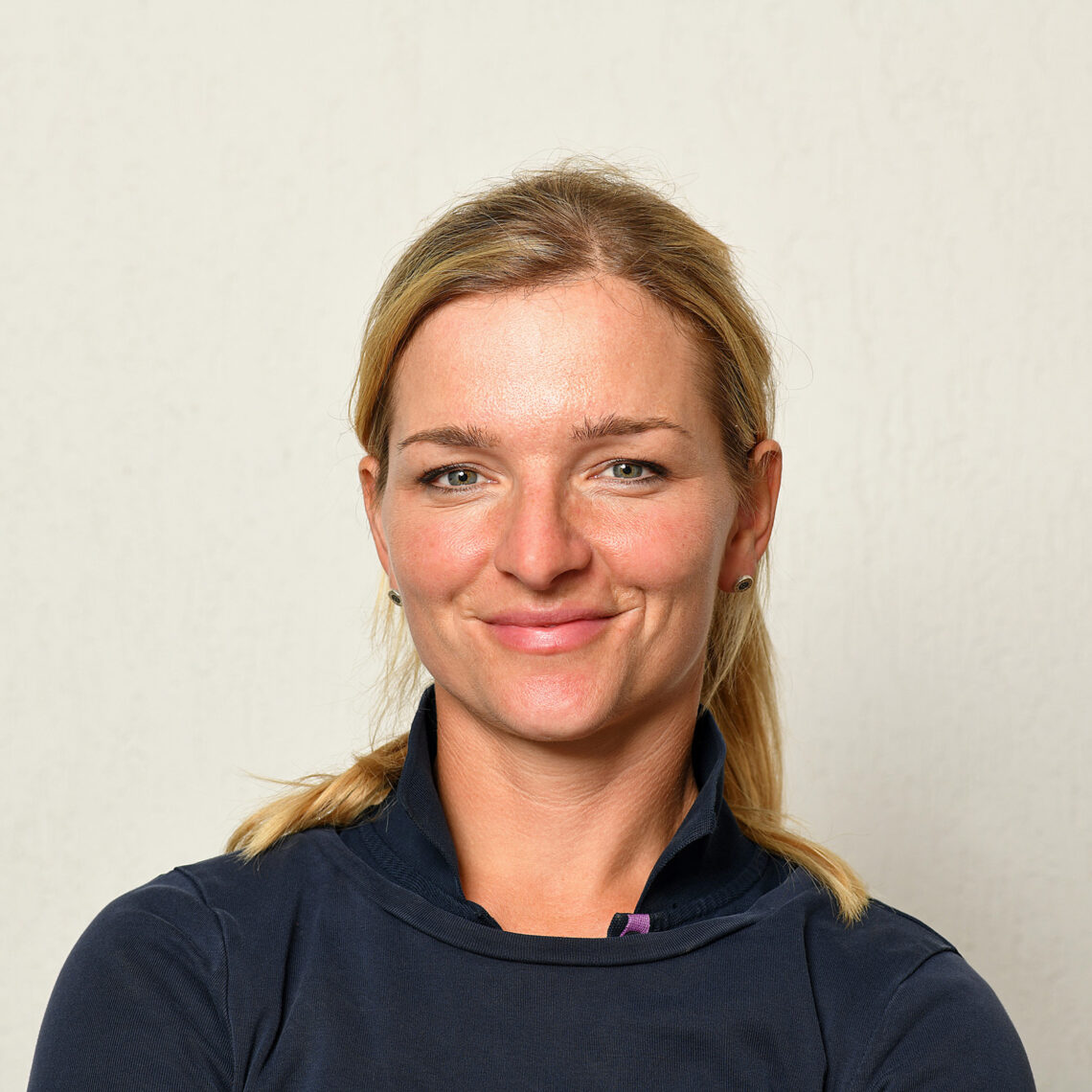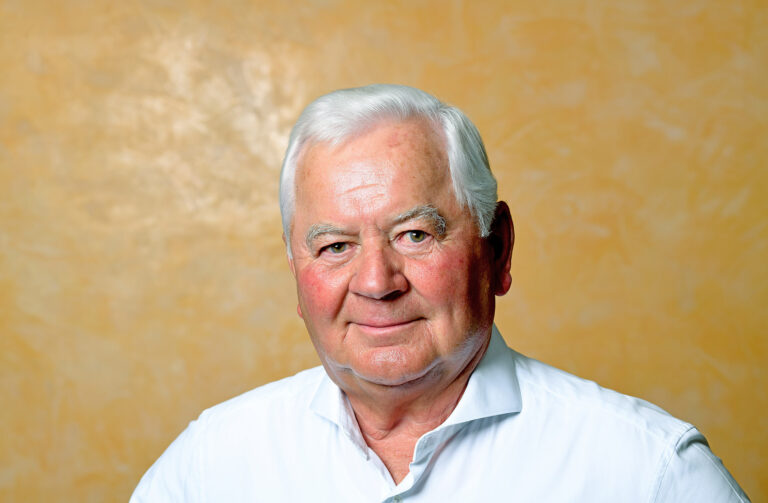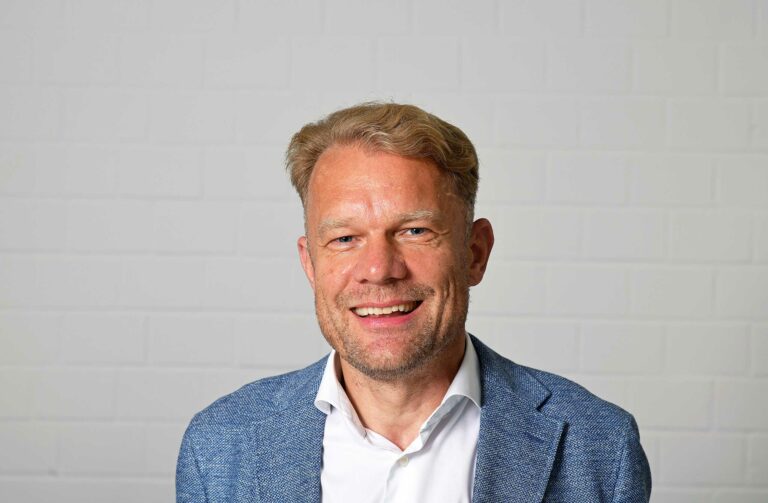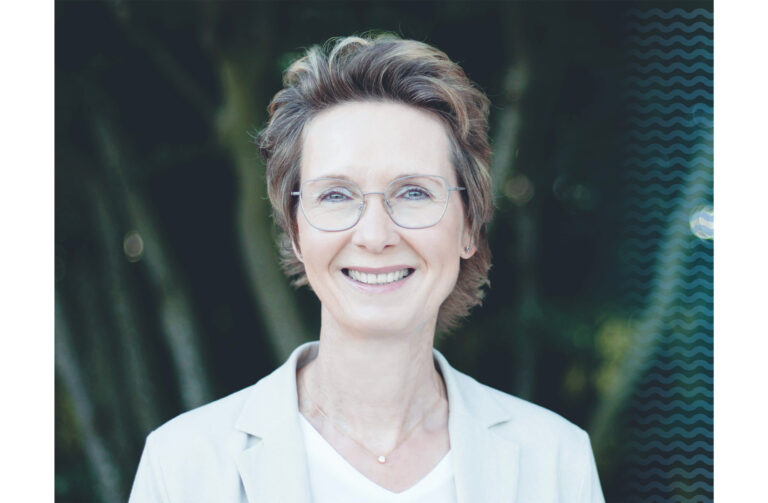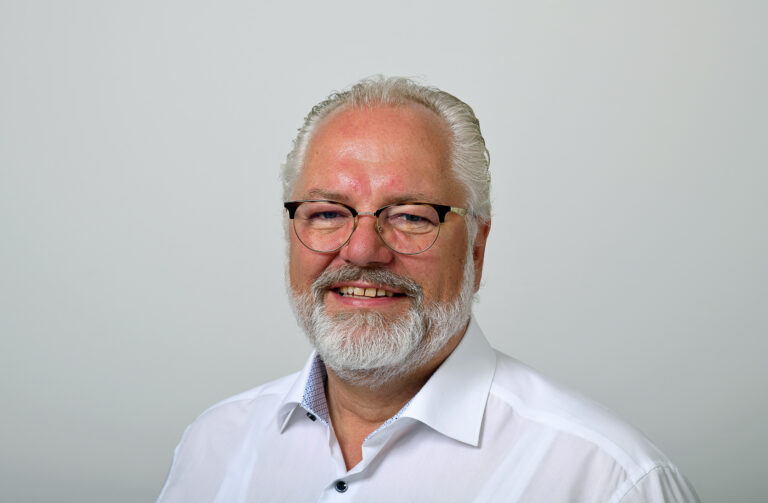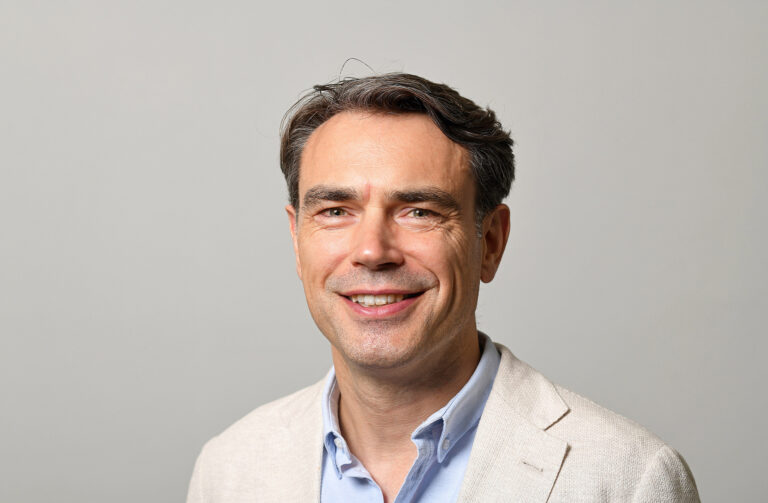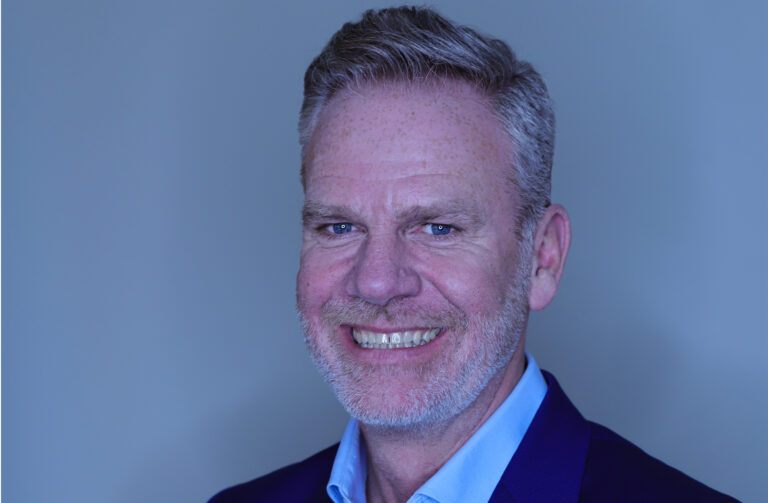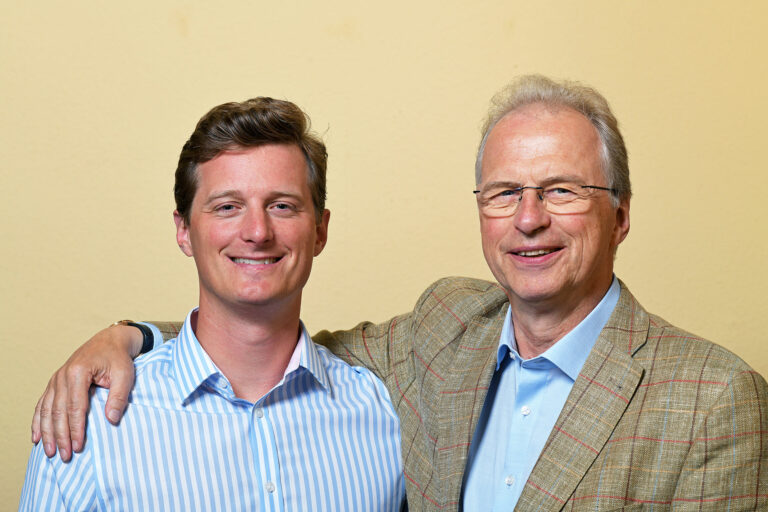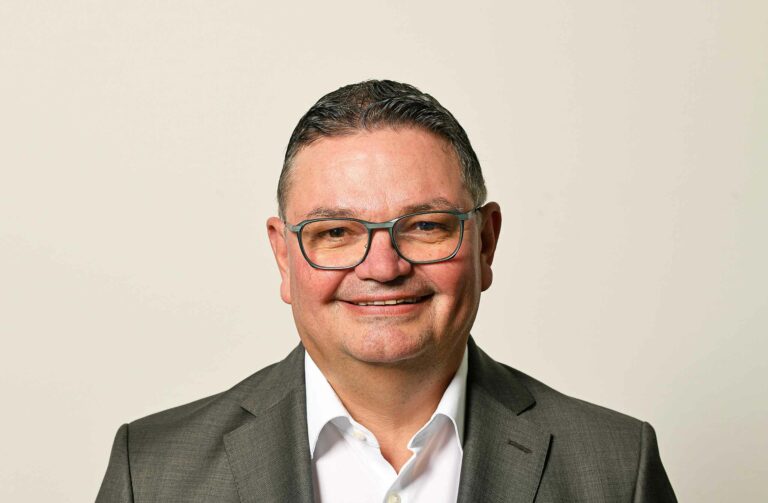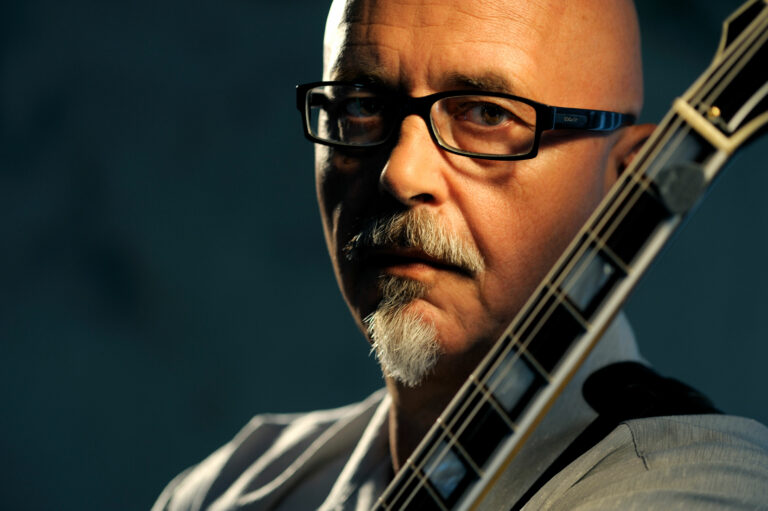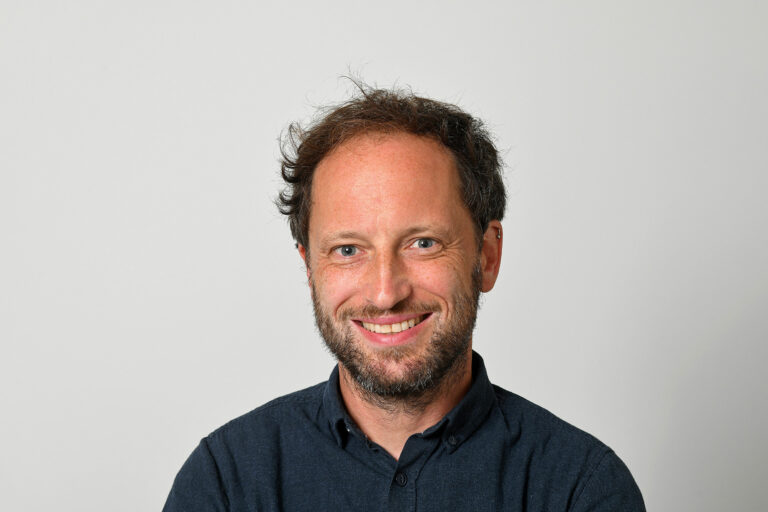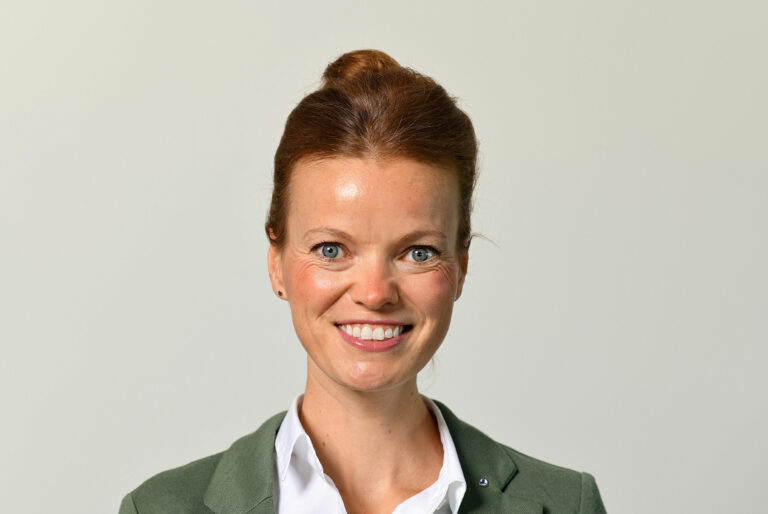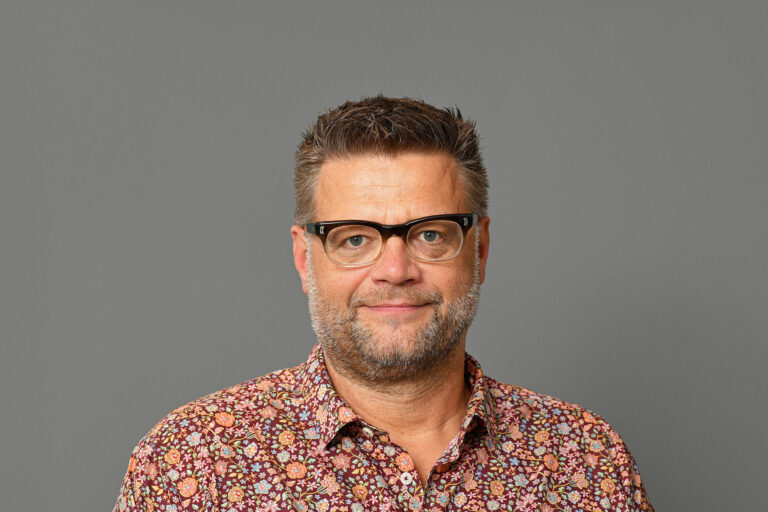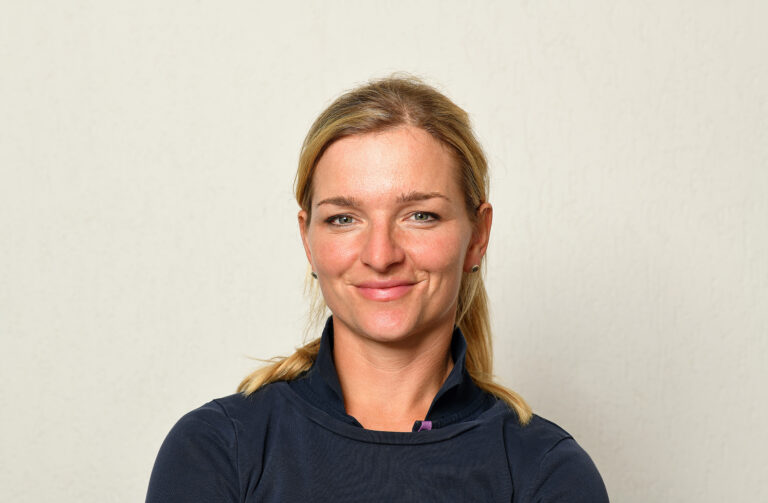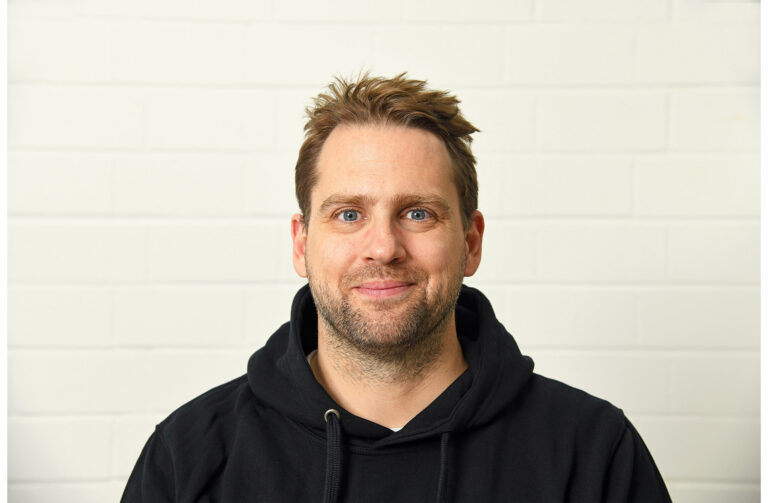Julia Krajewski
If the proverb is wrong, and everything that glitters really is gold – then you’re probably talking to Julia Krajewski. The eventing rider from County Bentheim has reached the pinnacle of her sport, including successful appearances at the Olympics. Hailing from Klausheide near Nordhorn, Julia Krajewski has already competed for Germany at three Olympic Games. This included winning the silver medal on her horse Samurai du Thot in the team event at the 2016 Games in Rio de Janeiro, and also coming eleventh on her Holstein gelding Nickel in the individual competition at the 2024 Games in Paris.
But at the 2021 Games in Tokyo, she crowned her sporting career by winning the gold medal in the individual competition. This feat made her famous on a national scale over and beyond the equestrian scene: on that 2 August 2021, together with her mare Armande de B-Neville, Julia Krajewski also wrote sporting history by being the first woman to win an Olympic gold medal in the individual eventing competition.
But if you are somehow expecting to find glamour, glitter or even gold when meeting this very lively Olympic champion in person, just a few words from the friendly young woman will soon bring you back to reality: “The Games are great fun of course, but the truth is that we riders are also self-employed entrepreneurs, and the Olympic Games leave us significantly out of pocket.” Of course, the setting for the showjumping, dressage and eventing com-petitions in France was incredibly beautiful, particularly in the gardens of Versailles, gushes Krajewski: “Every other Olympic venue in future will have to make a huge effort to get anywhere near it.” Her enthusiasm for the Games is also reflected in her “Paris 2024” T-shirt and the sparkle in her eyes when she talks about the large, knowledgeable audience in Versailles, and the atmosphere both within the German team and in the whole Olympic equestrian family: “The top-class equestrians from all over the world all know each other so well that the Games are like a school reunion.”
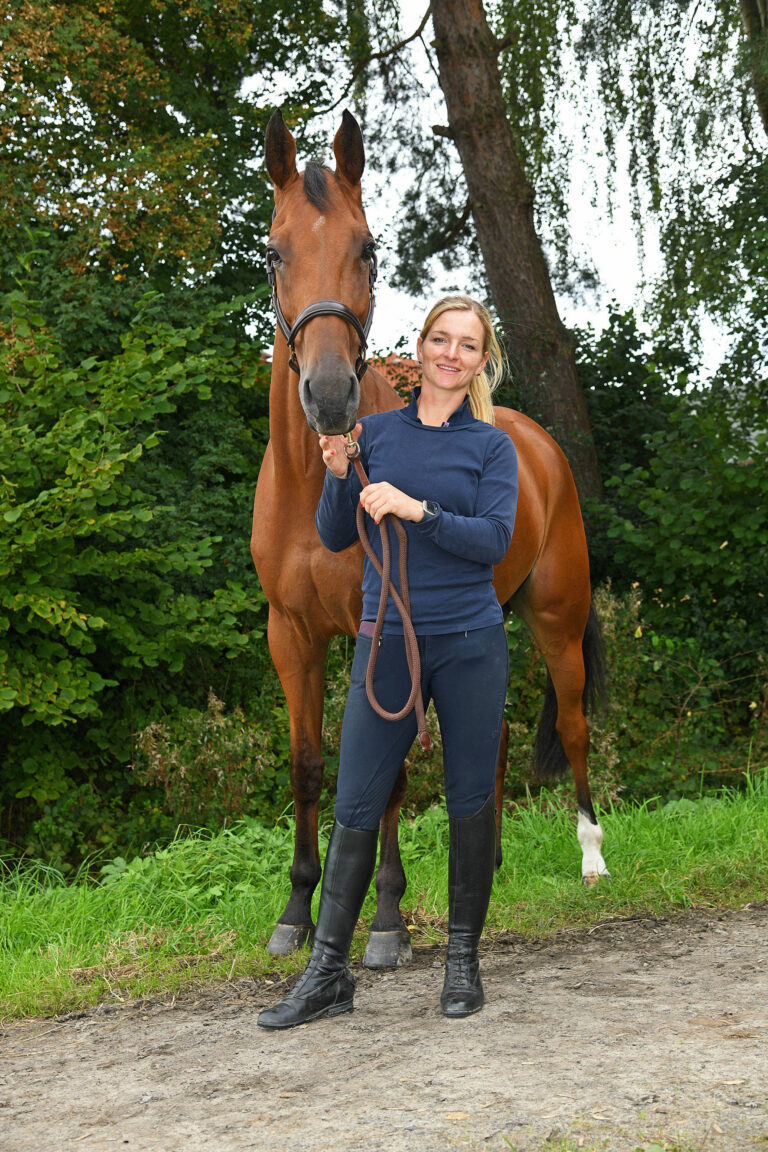
But when the very best riders in the world present themselves to the media on the world stage of the Olympic Games in their smart outfits, radiating the proverbial mixture of glamour, glitter and gold, as they did in Versailles, then professionals like Julia Krajewski are also always thinking in terms of money: “During the Games, I can’t ride any other horses that have been entrusted to me by their owners, so I’m very thankful if they’re still willing to leave their horses in my stable during this period.” As an equestrian entrepreneur, she naturally also has a number of employees who want to receive their wages, as well as other running costs that need to be covered. “That is why attending the Games does actually cost us real money, even though the Olympic experience is an incomparable highlight in sporting and human terms, which naturally makes it priceless.”
The path to this highest distinction in equestrian sport became evident at an early stage in Julia Krajewski’s life. “My parents are both geophysicists, so I don’t come from a traditional riding and equestrian family. Even so, my two younger sisters and I grew up together on a former farmstead where I had my own pony already when I was five years old.” Her father always supported her when she started showing great talent as a young girl. “Unfortunately, he died in 2020 and wasn’t able to see me become Olympic champion.” She started winning prizes at tournaments at the age of seven and quickly found herself taking part in eventing competitions, which curiously was mainly thanks to her first pony. “This pony was actually supposed to be just for dressage but wasn’t really happy with it, while doing really well at cross-country and showjumping.” This is how she was more-or-less “discovered” by the former national coach Jochen Keuter, who triggered her interest in eventing.
As a successful world-class equestrian, Julia Krajewski is still passionate about her sport: “I love working with the horses in the various areas. I also love the constant evolution: to a great extent, what matters in eventing is the relationship between rider and horse – it all depends on trust.” That becomes quite clear for example when getting the horse used to water: “Sure, some horses simply bolt at that point, but in most cases it’s first and foremost about hard work, as ever where riding’s concerned. I don’t know how often I’ve stood in the water in front of the horse, at an outside temperature of three de-grees and gradually persuaded him that it’s really not that bad.”
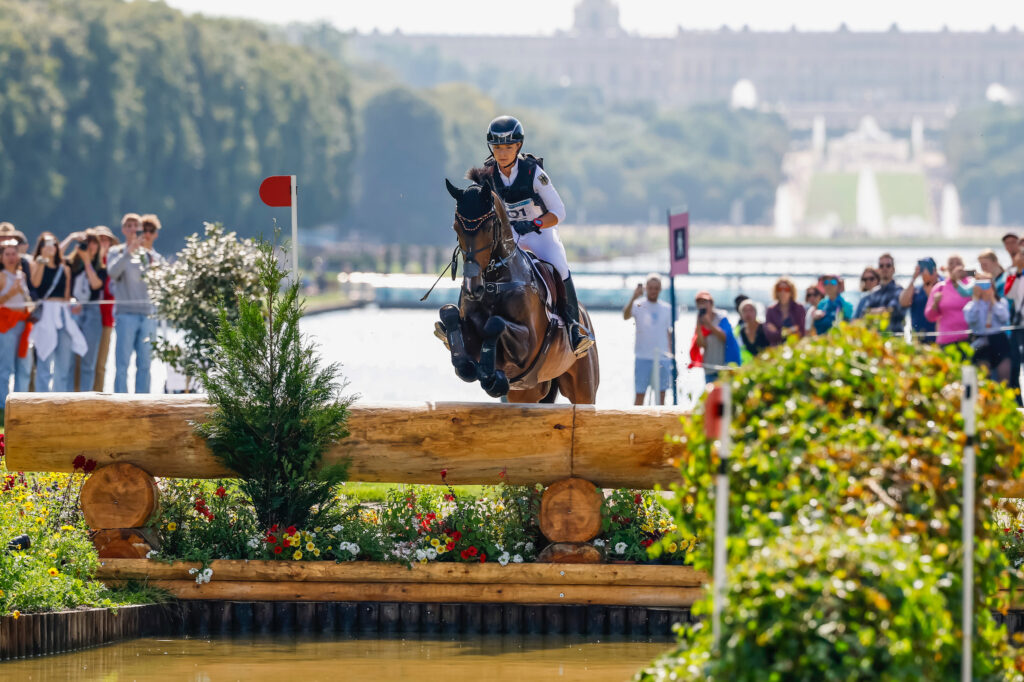
Having the animal’s absolute trust is also crucial when loading the horses to get them ready for the journeys that are often necessary to the comptitions: “My horse is OK with some people, but simply refuses with others.” Needless to say, the grooms play an important role here and with all the other every-day routines. “Good grooms know their horses really well. They’ll notice straight away when there’s something wrong and let the rider know.” Speaking of grooms, is it true that they often give the animals completely different names on a day-to-day basis than the often cumbersome official names that appear in the results lists? Julia Krajewski grins briefly, before giving a truly professional answer to this decidedly amateurish question: “They might use stable names sometimes, but that’s really just like the pet names and abbreviations you get with people too.”
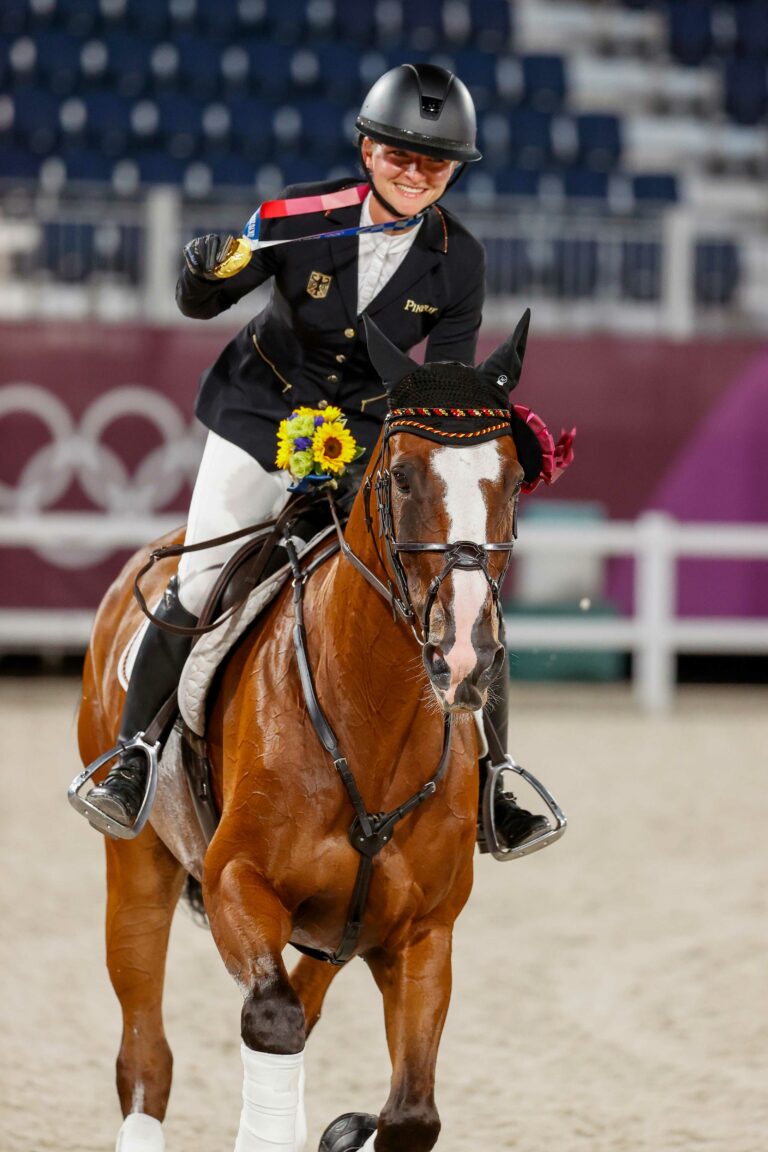
This brings us to the genuinely amateurish questions: don’t eventing riders mind at least a little bit that it is usually the horse-jumpers and sometimes the dressage riders who get the most public attention? Here again the Olympic champion answers like a true professional: “We riders probably see that a bit differently, but I can understand that from the point of view of the spectators: after all, horse-jumping is of course much easier to understand. When the bar falls, then that’s a fault.” Krajewski then adds two more reasons: “You can set up a horse-jumping course nearly anywhere, whether you’re in a city or in the Arab Emirates.” Eventing on the other hand needs not only the arena for horse-jumping and dressage but also a real cross-country circuit, which you don’t find all over the place.
Wouldn’t she rather do just horse-jumping instead? She grins again: “The range of requirements is exactly right for me, and developing young horses for eventing is also just my thing.” Many riders do something that’s not possible for the horses: “There are some riders who are at the top of the field in both eventing and horse-jumping.” By contrast, the horses are pure specialists, particularly those competing in top-class sport, says the expert.
Good to know, thanks. Would it be possible to ask two more amateurish questions? “Of course,” laughs Julia Krajewski, “Go ahead!” So here we go: to have a great career, is it enough to have a little bit of talent and rich parents to buy a great horse? “Oh dear, what a lot of clichés all at once! Well, the answer is no, of course not.” Talent is particularly important at a young age and probably accounts for more than half of any sporting success. “But as riders get older, discipline matters more and more, and above all, lots of hard work.”
In contrast to most other kinds of sport, it’s still possible to be a successful equestrian competitor at a relatively old age. “But this entails a great deal of work and a large amount of resilience if things don’t go as well as you might want for a while.” After all, working with horses on the competitive level of sport is far more unpredictable than with machines or equipment, as in car racing, archery or sailing.
So, that leaves just one more amateurish question: in terms of working with horses, whose welfare is said to be more important in the end than being successful, what happens to the animals at the end of a great career? That makes the Olympic champion smile, before she becomes serious again and talks about the various retirement solutions for her darlings and champions: in stables owned by friends, with up-and-coming young riders, and even with her mother. In fact, Julia Krajewski still knows where her first pony is now, “and he must be nearly 30 years old.” Talking to a real Olympic champion reveals not only the gleaming gold of her Olympic medal and the golden skill of the first-rate athlete for really great achievements, but also her golden heart for the most important partner in her success – her horse.
Julia Krajewski Warendorf
E-Mail: julia@julia-krajewski.de
Sie sehen gerade einen Platzhalterinhalt von Standard. Um auf den eigentlichen Inhalt zuzugreifen, klicken Sie auf den Button unten. Bitte beachten Sie, dass dabei Daten an Drittanbieter weitergegeben werden.
Mehr Informationen
